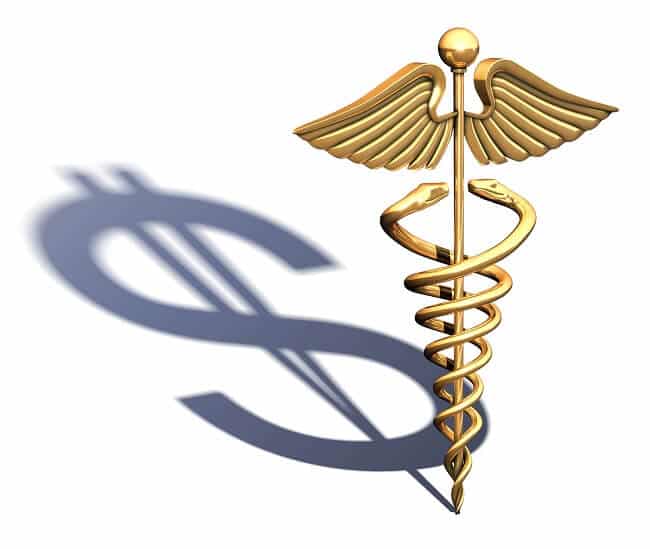If you’re a healthcare provider and thinking about outsourcing patient billing and payments or other parts of your revenue cycle, you’d be in good company.
Four out of five senior hospital and health system executives considered or vetted full revenue cycle management outsourcing in 2019, and 18% implemented it in 2018, according to 2018 Black Book research. Overall demand for RCM outsourcing has risen 86% since 2015.
Cost efficiencies, digital transformation and improved patient financial experience are driving the push to outsource.
The choice to outsource often comes down to whether the organization has the time, talent, and capital to make the necessary changes itself or whether it would be better off partnering with an RCM vendor with state-of-the-art processes and technologies.
Start by evaluating your current state:
Do you need technology advances and process improvement?
Are you still relying on faxed medical records and phone calls to payers? Are paper patient bills your main (or only) option, along with mailed checks being the most common form of payment?
Many providers depend on legacy financial systems that are past their prime and unable to integrate with other key networks and systems. The result: Siloed information and patchworked solutions that prevent you from consolidating and maximizing data and creating integrated digital processes to automate and streamline operations.
Does your current solution depend on multiple vendors?
According to HIMSS Analytics research, nearly 70% of healthcare organizations use more than one vendor solution for revenue cycle management. More vendors mean more complexity and more data vulnerability for the provider. The study found that having multiple RCM vendors contributes to higher rates of denials, data variances from using multiple tools, and lack of interoperability between RCM systems.
Can you deliver a superior patient experience?
At Becker’s 2019 Health IT + Revenue Cycle Conference, nearly two-thirds (64%) of revenue cycle executives surveyed said consumerism is the most significant disruptor to the business, ahead of the challenges posed by value-based care.
Nowhere is that more evident than in patient billing and payments. More than 3 out of 4 patients paid their bills in full or in stages when they were satisfied with their billing department experience, according to Waystar. But among those who had a bad revenue cycle experience, only half paid.
To meet heightened healthcare consumer expectations, providers need to cater to patient preferences for receiving and paying their medical bills. That means offering choice. A 2018 survey by HIMSS Analytics and Waystar reported that more than half of patients would prefer to receive and pay their healthcare bills electronically as they do their other bills. Yet a 2019 survey by Consumer Action found 74% of consumers opted to receive their medical bills by mail.
Beyond omnichannel delivery, patients are looking for personalized, interactive financial experiences.
Look for RCM providers with CCM Technology
The use of CCM technology to drive a personalized journey is lagging other industries. That’s true for healthcare revenue cycle management companies and healthcare providers.
But CCM solutions are the key to raising the standard for the patient financial experience. This technology gives companies the control and flexibility to handle print, email, text, digital wallet and other channels for distributing bills and other patient communications. It’s also the critical platform for using patient data to customize statement messaging, payment plan options and more.
From a business perspective, it empowers RCM vendors to onboard new provider clients quickly and efficiently, thus reducing the time from contract to revenue. The result: Increased patient financial engagement, loyalty, revenues and market differentiation.
If you’re an RCM firm and want to incorporate industry-leading CCM technology into your offerings, contact us at sales@nordistechnologies.com.
About the Author
Rich leads Nordis Technologies’ sales and client relations teams and is responsible for revenue growth and client retention. He’s been integral to the company’s fast growth, doubling sales since 2010, and playing a key role in developing new products including ExpressoPay and ExpressoVote. An expert in communications management, financial engagement, production execution and cost optimization, Rich uses his experience to assist customers dramatically improve their communications and payments operations and achieve key objectives. He is a member of the Healthcare Financial Management Association.

Richard O’Rourke
Senior Vice President, Sales and Client Relations
